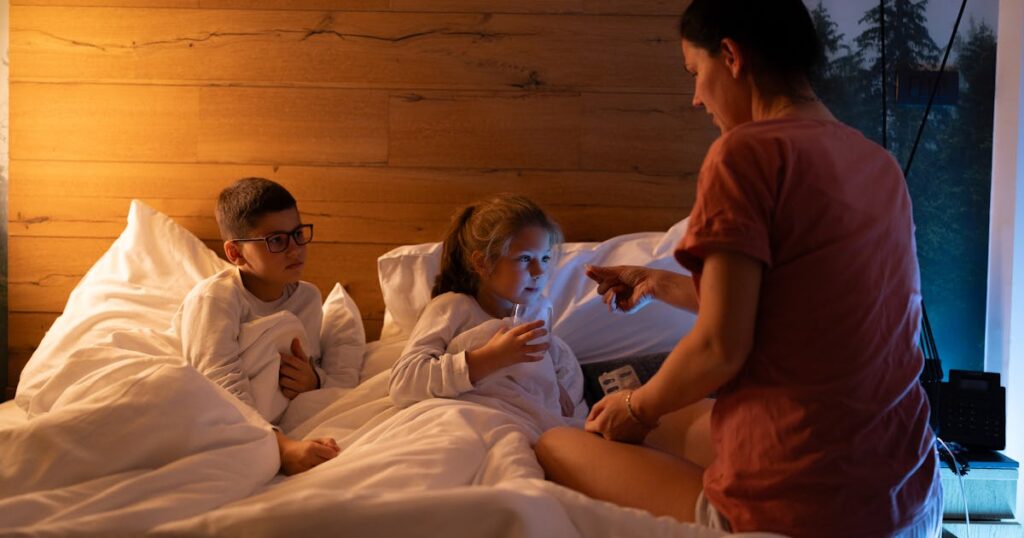[ad_1]
We had the most beautiful Christmas celebration this year — the glow of the tree, a fire crackling, thoughtful gifts, and lots of thankfulness. And then, just a few hours after Christmas dinner, I started to feel a bit unwell. A few hours after that, I was violently ill and locked in the bathroom puking. A few hours after that, my two children joined me. We had a norovirus Christmas.
And we aren’t alone. On social media, I’ve seen friends — both in town and across the country — also posting similar reports of puke-a-thons, sleepless nights doing barfy laundry, and the dreaded “number 3.” In addition, to that anecdotal evidence, major outlets like the Centers For Disease Control & Prevention (CDC) are reporting that yes, we are in a huge norovirus surge.
During the first week in December (the most recent data) there were 91 reported outbreaks of norovirus across the United States, the highest rate we’ve seen in the past 14 years, according to data.
“This year the number of reported norovirus outbreaks have exceeded the numbers that we’ve seen recently and in the years before the pandemic,” the CDC said in a statement.
The virus is also having a record time on cruise ships, where the stomach bug spreads easily and quickly due to close quarters and mass food production. Just in December, the CDC reported five major cruise ship norovirus outbreaks, including the Queen Mary 2, the Rotterdam, the Ruby Princess, and the Zuiderdam. It’s officially the largest outbreaks of the disease on cruise ships in the last 12 years.
What is norovirus?
Colloquially known as the stomach bug, norovirus is a sickness that often causes a short (24-hour) bout of appetite loss, stomach upset, vomiting, and diarrhea. It can also go hand-in-hand with symptoms like chills or a fever.
The virus is incredibly contagious and spreads through fecal and vomit particles — and oftentimes spreads easily when food is prepared by someone who is infected. It is more common in winter months and in places where people gather together in large numbers or small spaces.
While most people recover from norovirus without incident, other than a lot of extra laundry, some people, especially the very old or very young, could suffer from dehydration and require treatment.
How can you prevent norovirus?
There are only a few proven ways to steer clear of norovirus — although even if you follow every tip, it’s hard to completely avoid forever.
First and foremost, wash your hands, especially after using the bathroom or before cooking and eating. Keeping a clean and tidy kitchen — and being thoughtful about food preparation — can also help stop the spread.
Secondly, if you get sick, stay home. Keeping out of public for a solid 48 hours after your symptoms stop is safest, so binge a TV program or read that epic novel you’ve been eyeing instead of leaving the house.
What should you do if you or your kids get norovirus?
Again, you should be fine in one to two days, even if you cannot possibly imagine ever feeling normal again. The best things you can do is rest, wait it out, and try not to panic too much.
During the sickness, don’t try to eat too much — and likely, that will be the last thing on your mind. Stick to clear liquids like water and sports drinks. If you need to feel like you’re eating something, try a little hot broth. Once you’re on the road to recovery, keep things simple for your tummy. Great choices include chicken soup, bananas, bread, rice, and potatoes. Oh — and Jell-O is good too!
Norovirus is probably always going to be part of the winter and winter holidays — but we can do our part to stop its spread and get better as quickly as possible. And just remember that right now, it’s bad out there!
[ad_2]
Source link

